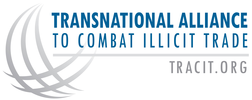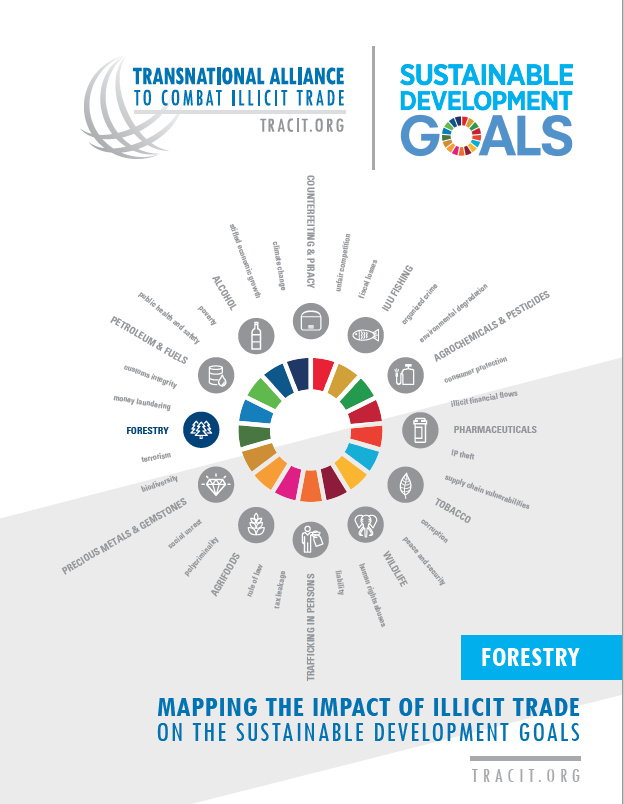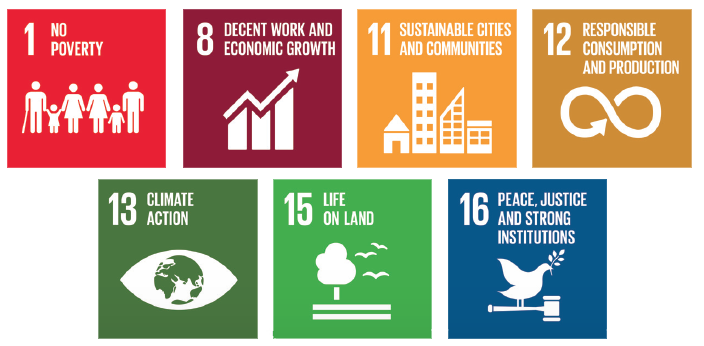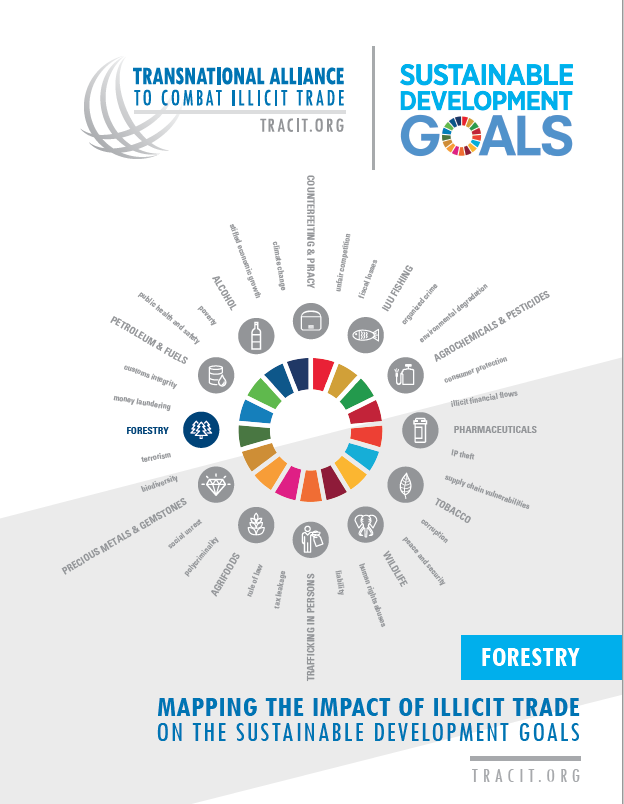Illicit Trade in Forestry Products |

Illegal logging and illicit trade in timber undermines sustainable economic growth, economic development, and environmental conservation. It not only puts the livelihoods of forest-dependent populations at risk, but also undermines legitimate actors within the forestry sector by distorting timber markets and reducing profitability. This, in turn, results in a loss of government revenue. The estimated annual retail value of illegal logging is US$ 52 to US$ 157 billion, making it the most profitable natural resource crime (Global Financial Integrity, 2017).
In contrast to the trade in many other illicit goods, consumers of wood-based products remain largely unaware of the illegal origins of what they are buying. The potential costs to legitimate actors in the forestry sector includes loss of market shares, particularly due to unfair competition practices, reputational risks, increased monitoring of the supply chain, and security and insurance costs. Featured report
|
Learn how illicit trade in forestry products impacts the achievement of the UN Sustainable Development Goals
From smuggling, counterfeiting and tax evasion, to the illegal sale or possession of goods, services, humans and wildlife, illicit trade is compromising the attainment of the UN SDGs in significant ways, crowding out legitimate economic activity, depriving governments of revenues for investment in vital public services, dislocating millions of legitimate jobs and causing irreversible damage to ecosystems and human lives.
The TRACIT report Mapping the Impact of Illicit Trade on the Sustainable Development Goals investigates illicit trade in 12 key sectors that participate significantly in international trade and are most vulnerable to illicit trade. For each sector, the negative impacts of illicit trade are mapped against the 17 UN SDGs. The full report is available here. Read the chapter: SDGs and illicit trade in forestry products |




